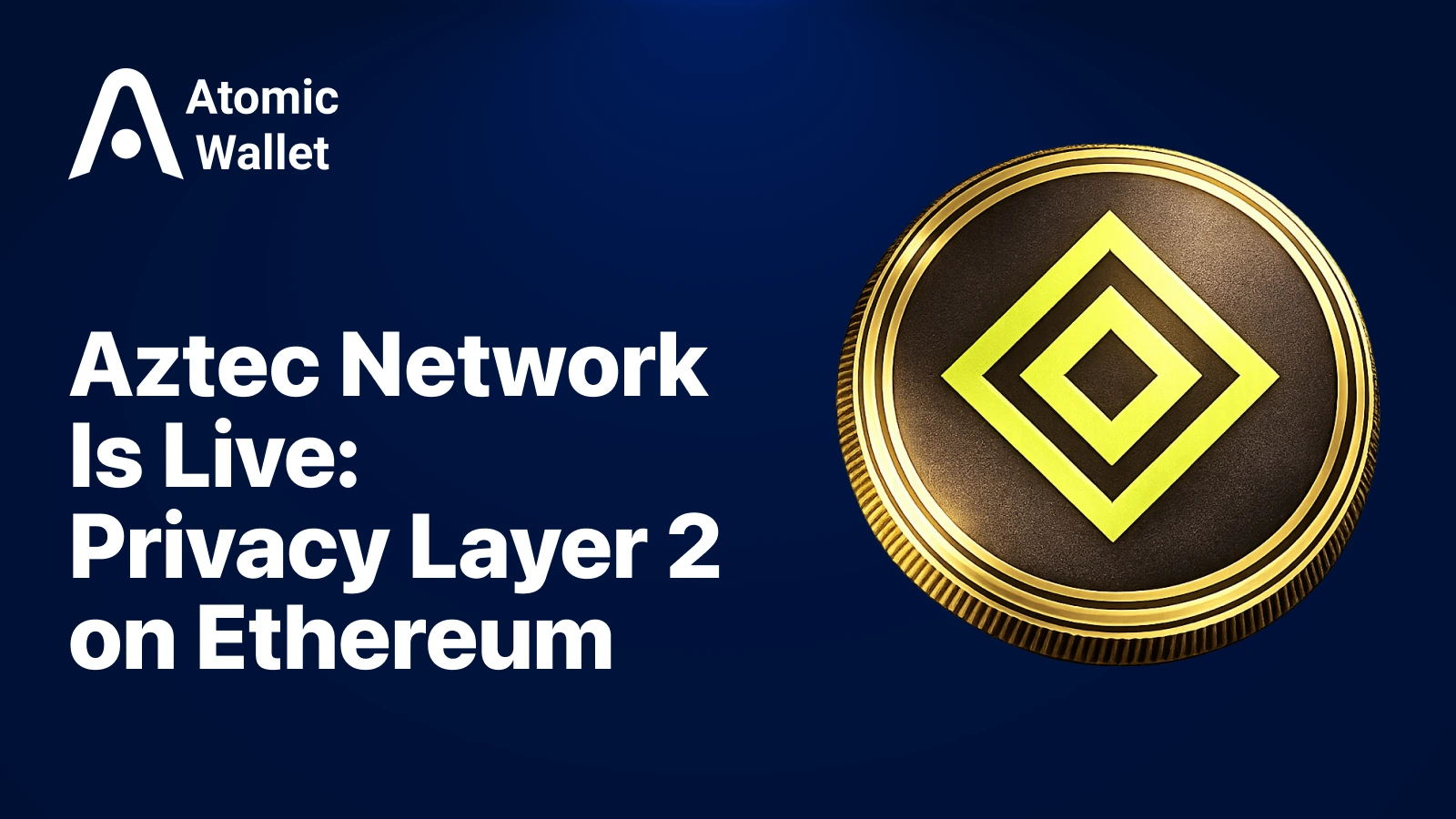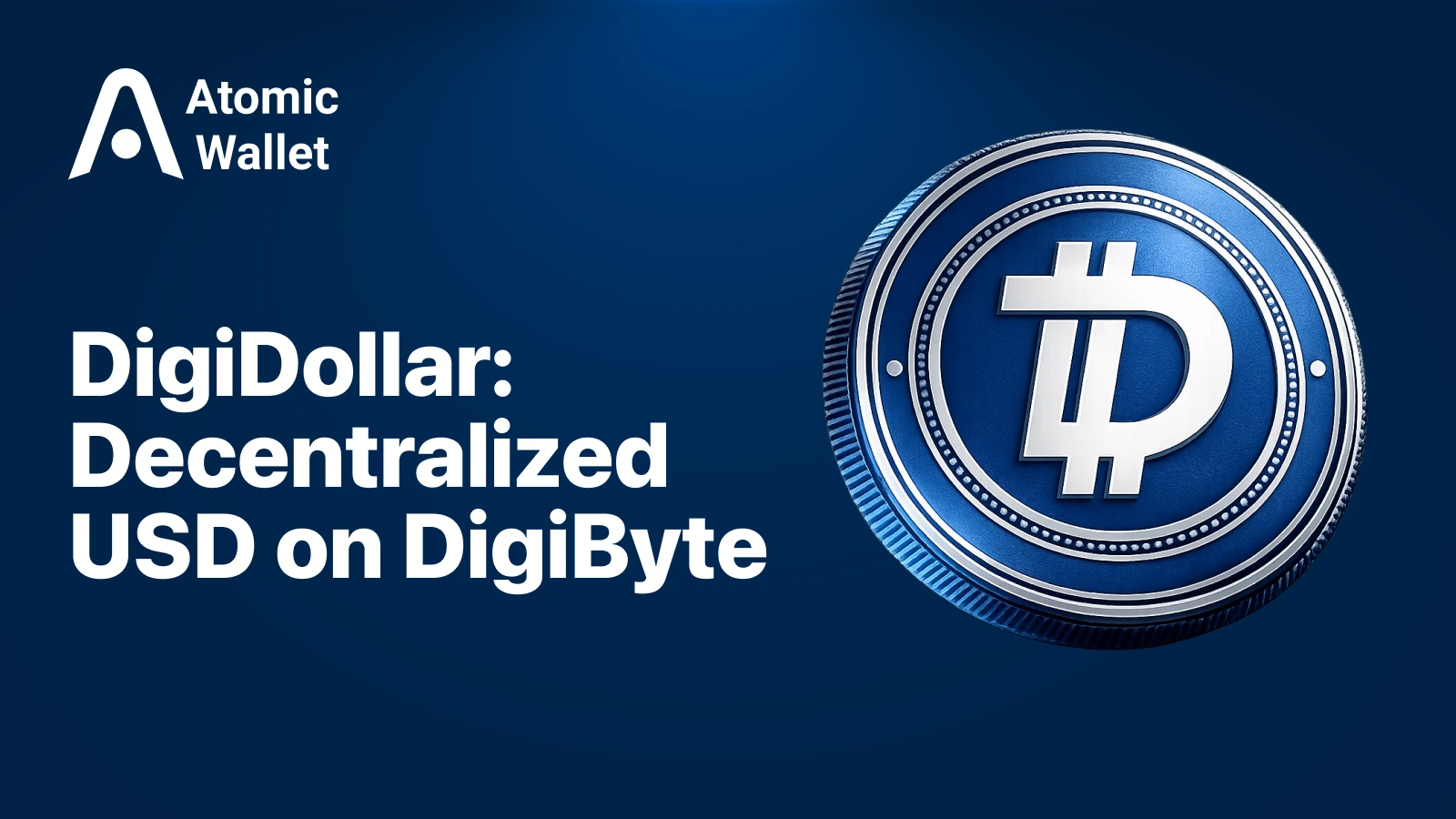Assets

Exchange

Buy Crypto

Products




It's heady to be a crypto owner. The autonomy, the liberty, the responsibility—it's heady.
But with that liberty comes a harsh truth: if your money's gone, no one's coming to save you. No bank. No hotline. Just you.
We've seen it all—bull rushes, crashes, phishing, hardware failures, seed phrase disasters. So listen to us when we say this: Crypto security is not optional if you plan to buy cryptocurrency. It's necessary.
Here's how to protect your crypto like a pro—not a single word of tech mumbo-jumbo, no conspiracy theories. Just sensible, tested advice for getting safe.
You would not leave gold bars in an open park. Yet every day, individuals expose Bitcoin or Ethereum to danger—by:
No do-overs in cryptocurrency. When your private keys get out, your money is gone forever.
This is not theory. The Chainalysis Crypto Crime Report 2025 tracked $40.9B of criminal activity in the past year—estimated to surpass $51B by the end of 2025. That includes scams, theft, and exploits against poor security.
If you care about your digital cash, you must care about security.
Self-custody is crypto's most empowering tenet. If you hold the keys, you hold your crypto. No middleman.
But self-custody requires effort:
Lose your private keys, and your crypto is gone. Share them, even unintentionally, and you've handed over your property.
This shift reflects growing demand for full control. Atomic Wallet supports this by giving users full ownership of their keys and seed phrase from the start — buy Solana and hold it securely with full control.
That's the core of self-custody: full control, full responsibility.

Not all wallets are the same. Web wallets are easy—but risky. Avoid keeping large money amounts in your browser wallet. Save it for spends, not keeping.
Whatever wallet you are using, it must give you access to your keys. That is not negotiable.
Atomic Wallet achieves this in earnest. Your private key or phrase are never on any server. See more in this official guide on its security features.

This is the golden rule. Your seed phrase is your master key to your crypto existence.
Safeguard it offline:
We have seen bright people lose their wealth by having their seed phrase saved on Google Docs. Avoid being that one.
2FA adds another security layer. All 2FAs, though, aren't created equal.
Enable 2FA for your:
It's not excessive. It's logical.
The biggest crypto threat? It's not hackers—it's scams. Social engineering tricked users into surrendering access.
Protective measures:
Act like you're a target. Trust less. Verify more.
Old software is like having your front door open.
To remain secure:
If your phone gets hacked, so might your wallet. Keep it clean, keep it patched.

Cold storage = storing private keys entirely offline. No internet. No hacker entry.
When to use it:
Level up. Go pro with these tips:
Proactivity beats getting hacked.
Crypto sets you free—provided you comply with its requirements.
Security isn't a box on a checkbox. It's a mindset.
If you are new to all this, start with basics. If you've been around a while, look at your infrastructure. There is always scope for improving your crypto defenses.
Your online assets are no more protected than you build them to be. So build carefully, watch your back—and never get too comfortable.

Learn what Aztec Network is, how its privacy Layer 2 works, and what the AZTEC token launch means. Explore AZTEC staking, programmable privacy, and how Aztec differs from other Ethereum L2s.

DigiDollar is a decentralized USD stablecoin built on DigiByte, using time-locked overcollateralized DGB for non-custodial liquidity. Now on testnet.

Explore the most active and profitable Polymarket categories in 2026. Learn how politics, sports, crypto, AI, and macro markets differ by liquidity, volatility, and risk — and why category choice matters as much as prediction.